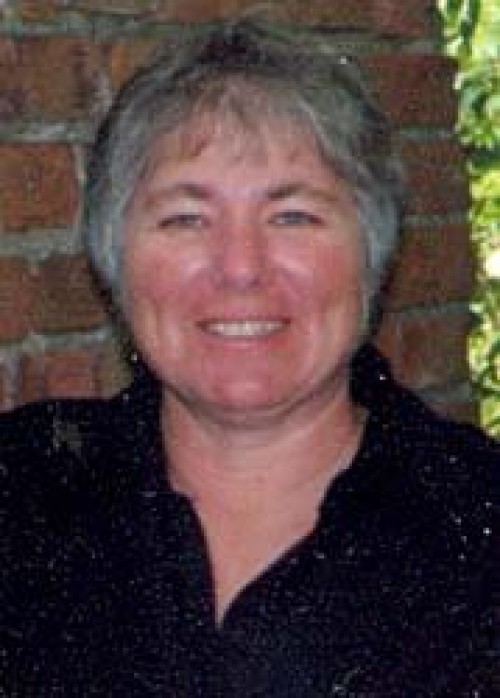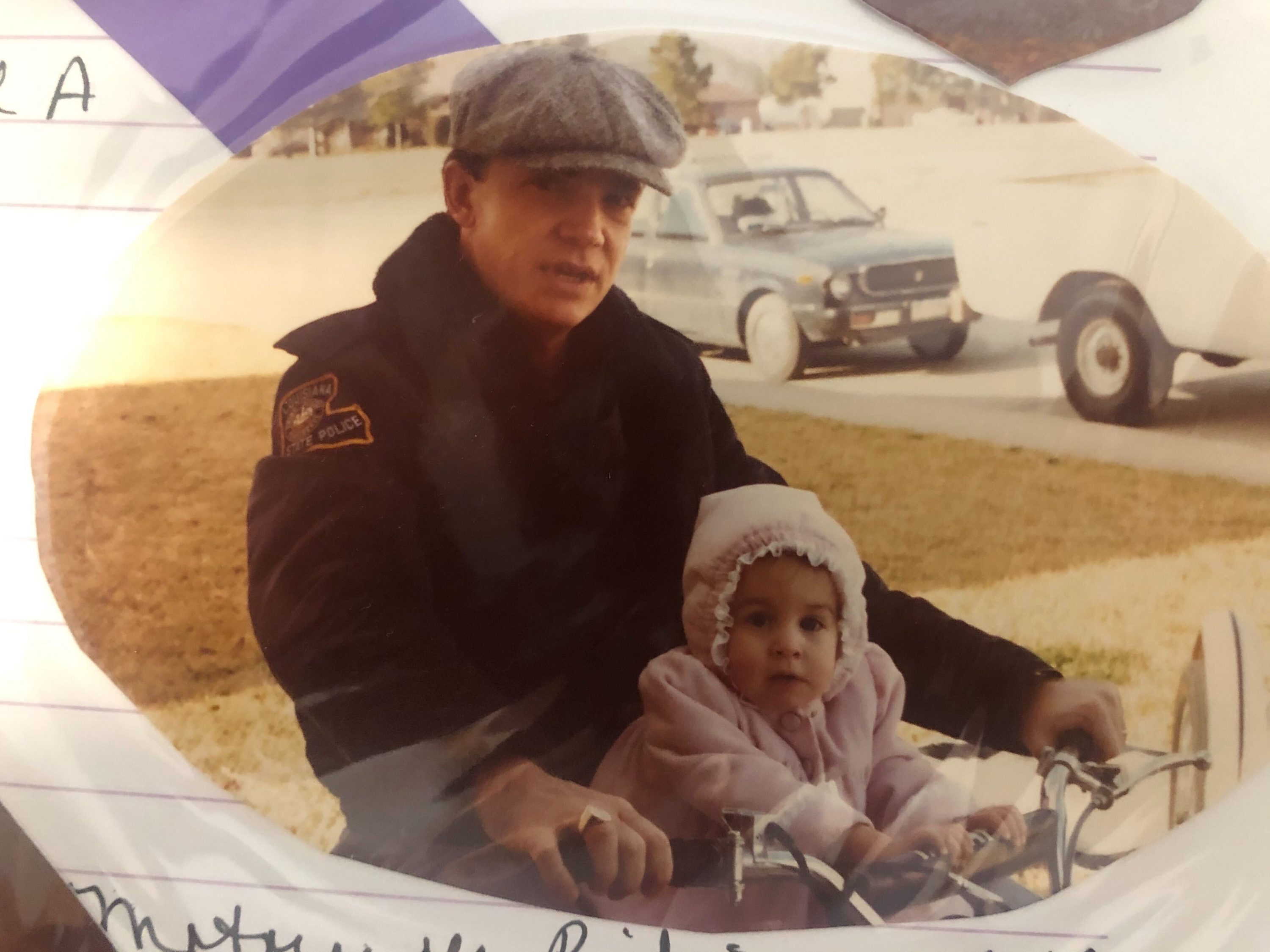
Dierdre A. Badeaux
June 14, 2011Thursday, June 16
June 16, 2011Don’t let the headlines fool you; there are plenty of minorities in Terrebonne Parish’s district court.
Blacks, American Indians, women … they’re there, facing criminal charges, filing civil suits and serving in various defense or prosecutorial capacities.
What is missing from Terrebonne Parish’s courts, however, is a minority face on the bench.
We’d like to think that, in 2011, the legislators aren’t opposed to a non-minority judgeship, and it’s the haphazard approach that gave them pause and facilitated the defeat of House Bill 582.
And now, the National Association for the Advancement of Colored People promises to file a federal suit to have one seat of the 32nd Judicial District designated for a minority.
Have we really exhausted our means on a parish and local level? Or is it, possibly, that a haphazard and hazy piece of legislation failed because it raised more questions than its advocates had answers?
Anthony “Tony” Lewis claims to be the only black candidate to seek a judgeship in Terrebonne Parish, when he campaigned in 1994.
Lewis said he wants to see a like-colored face behind the bench … we have to ask, what is preventing it?
Terrebonne Parish doesn’t need a legislative edict to overcome the ever-before absence of a minority judgeship. It needs a strong candidate. It needs someone who can identify with a large swath of the parish’s voters, and it needs someone who can earn the right to bang the gavel.
The top five candidates should sit on the bench. A cookie-cutter district geared at encompassing a large sect of the parish’s black residents would make one judge, who would see cases from other parts of the parish at random, beholden to his legion of voters, at least perceptively.
This problem was not addressed in H.B. 582, and it’s one of the concerns expressed by lawmakers who were baffled by the idea that the bill would not be sent to the House Judiciary Committee.
Never mind that the proposed 59 percent black-majority district would make it nearly impossible for a white woman or American Indian to win the seat.
Perhaps Terrebonne Parish, with its non-minority majority, doesn’t understand what a minority judge would mean to a minority crowd. But using race to prop up rushed legislation is not the answer.





